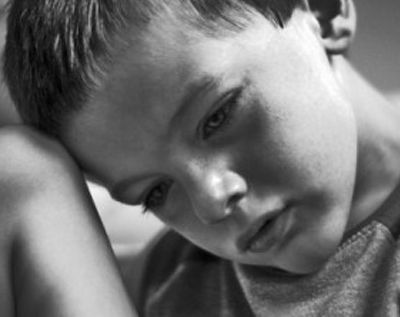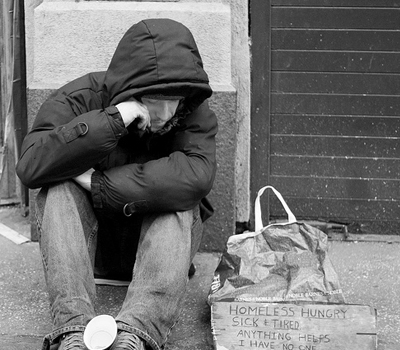FACTS ABOUT FOSTER KIDS IN NEW JERSEY
Ideally, all children should enjoy the love and support of a nurturing family. Sadly, this scenario is far from reality for thousands of infants, toddlers and older children in New Jersey who are placed into the foster care system. In line with this, an increasing number of children are suffering from neglect and abuse from the very people who should be taking care of them.
That being said, this affects each child’s development in a negative way and increases the possibility of turning a promising future into a picture of despair and hopelessness.
We have the capability of changing the lives of these children and putting an end to their nightmares and tears by improving their lives, collectively.

Follow this link to discover what we are doing now to accomplish this so you may assist us: Christmas Toy Drive
Foster kids and the foster care system in New Jersey

Foster kids are just like any other kids you know, except for one little detail – most of these kids have suffered from trauma and abuse due to parenting crisis. Stress factors such as substance abuse, incarceration, mental illness and poverty are just some of the leading factors which have led to the maltreatment of these young children. That being said, the state has intervened into the lives of these families in order to put an end to this traumatic experience.
Suffering from trauma at such a young age, nearly half of the children aged 5 and below are suffering from developmental delay.
On the other hand,
80% of these children suffer from serious emotional damage.
This usually translates to more behavioral problems as the child ages.
According to studies, approximately 65% of foster children in New Jersey enter foster care due to neglect. Meanwhile, 35% of them enter the foster care system because of physical and sexual abuse.
A huge percentage of children who enter foster care remain there for an average of two years; while 28% of which languishes there for about 5 years or more. Additionally, 25% of these youths switch homes for about 5 times or more before they reach the age of 18.
Foster care is considered a temporary living arrangement for kids who were abused and maltreated. Since these kids need a safer place to live in, this setting is seen as the best option. Most of the time, these children are placed under the care of relatives, group care facilities or licensed foster families while the judge and social workers work with their families and eventually arrive to a safe reunification or a different living situation.
Approximately 65% of these children eventually return to their biological parents after successfully completing treatment and counseling. On the other hand,
35% of children who are under the foster care system have had their birth parent’s rights permanently terminated.
Foster kids in New Jersey and their biggest challenges
Emotional turmoil
Life is extremely challenging for these little ones. According to research, kids under the foster care system are more likely to suffer from post traumatic stress disorder compared to soldiers who are returning from combat (Wikipedia, PTSD)
At such a young age, imagine how much trouble foster kids are facing in life and in school as well. Additionally, a huge percentage of these children struggle from mental health challenges which was caused by the trauma that they have experienced.
Academic struggles
Foster kids in New Jersey are also struggling in terms of education. They are facing an uphill battle which is usually caused by the change in home placement combined with difficulty in school transition and emotional turmoil.

To add to their struggle, access to socialization opportunities such as team sports and music lessons is actually limited. Plus,
funds for their basic needs like clothing, school supplies, shoes and funds for school fees are also lacking.
Since most of these kids switch homes a number of times, adjustment becomes even more difficult. Approximately 65% of foster children change schools about 7 or more times. With each transfer, they lose about 4 to 6 months of academic progress.
With the figures above, it is not surprising why these kids fall behind their peers in terms of education. Studies reveal that
only 44% of foster kids who are under foster care during their high school years were able to graduate in time; while 80% of their peers finishes on time.
Despite doing well in class, foster kids are less likely to enroll in college compared to their peers. In terms of college education, only a small percentage of these kids are given the opportunity to push through with it and obtain a college diploma. Out of 70% of the teens who aged out of the foster care system voiced out their intent to pursue college. Sadly, only 3% of these youths have successfully obtained a bachelor degree.
Transition to adult life
Approximately 16% of these children have remained in foster care for more than 3 years before they were emancipated.
In 2011, it was documented that approximately 11%, which is equivalent to 26,000 children, have aged out of the system. These children are released from the care of their foster families and institutions whether or not they are prepared to live on their own and transition into their adult life.
Since most of these youths are not equipped with proper skills to take on the adult world and compete with their peers for job opportunities,

nearly a quarter of adult fosters become homeless after a year of leaving care.
Just like you and me, foster children have the same dreams and needs. These kids are equally deserving of a bright and promising future. We, as a society, can make a big difference in the lives of these children.
You can start by having a basic knowledge on foster care and understanding the needs and challenges that these children are currently facing.
Help us brighten the lives of these foster children by becoming a volunteer today.
